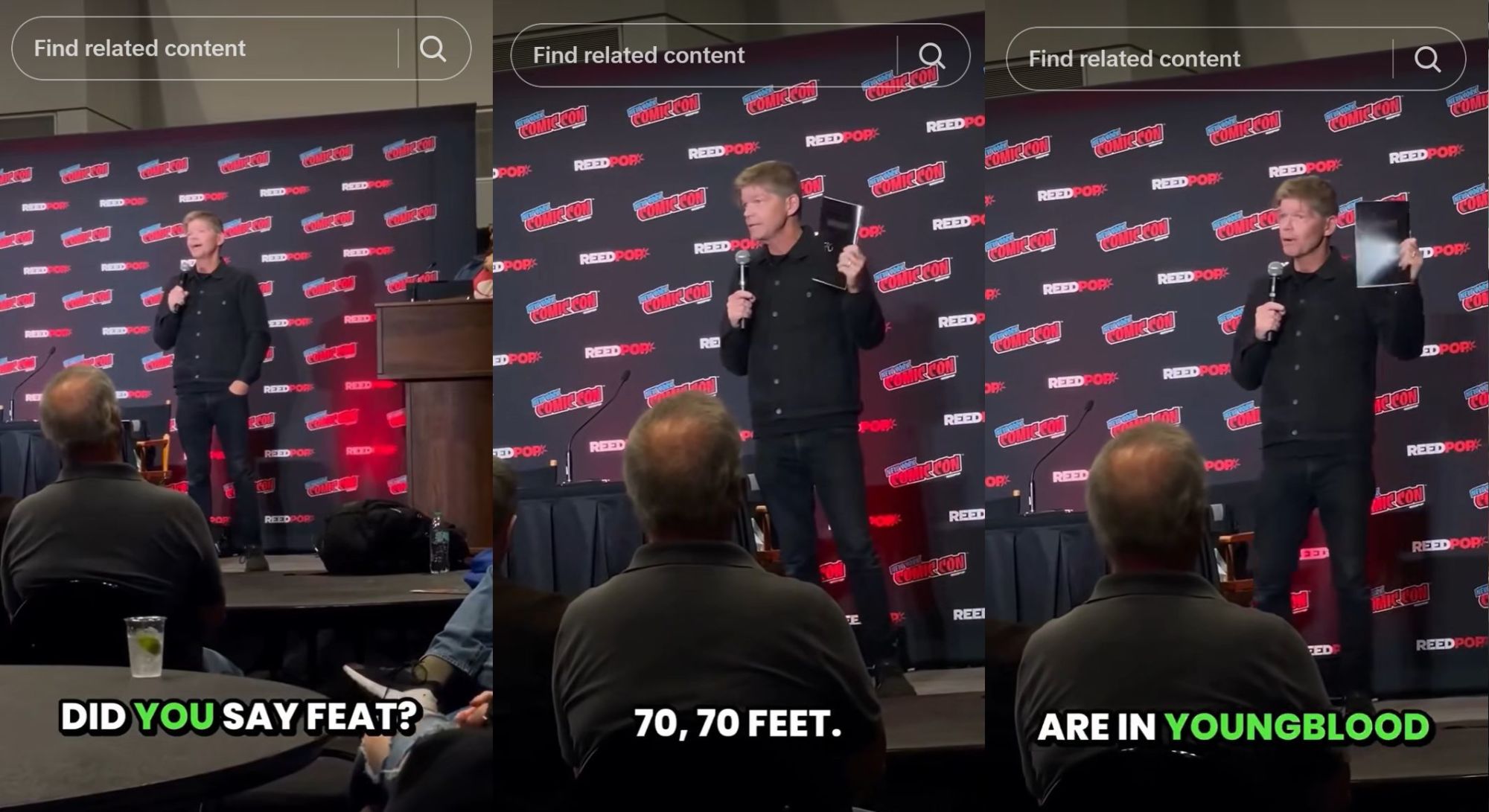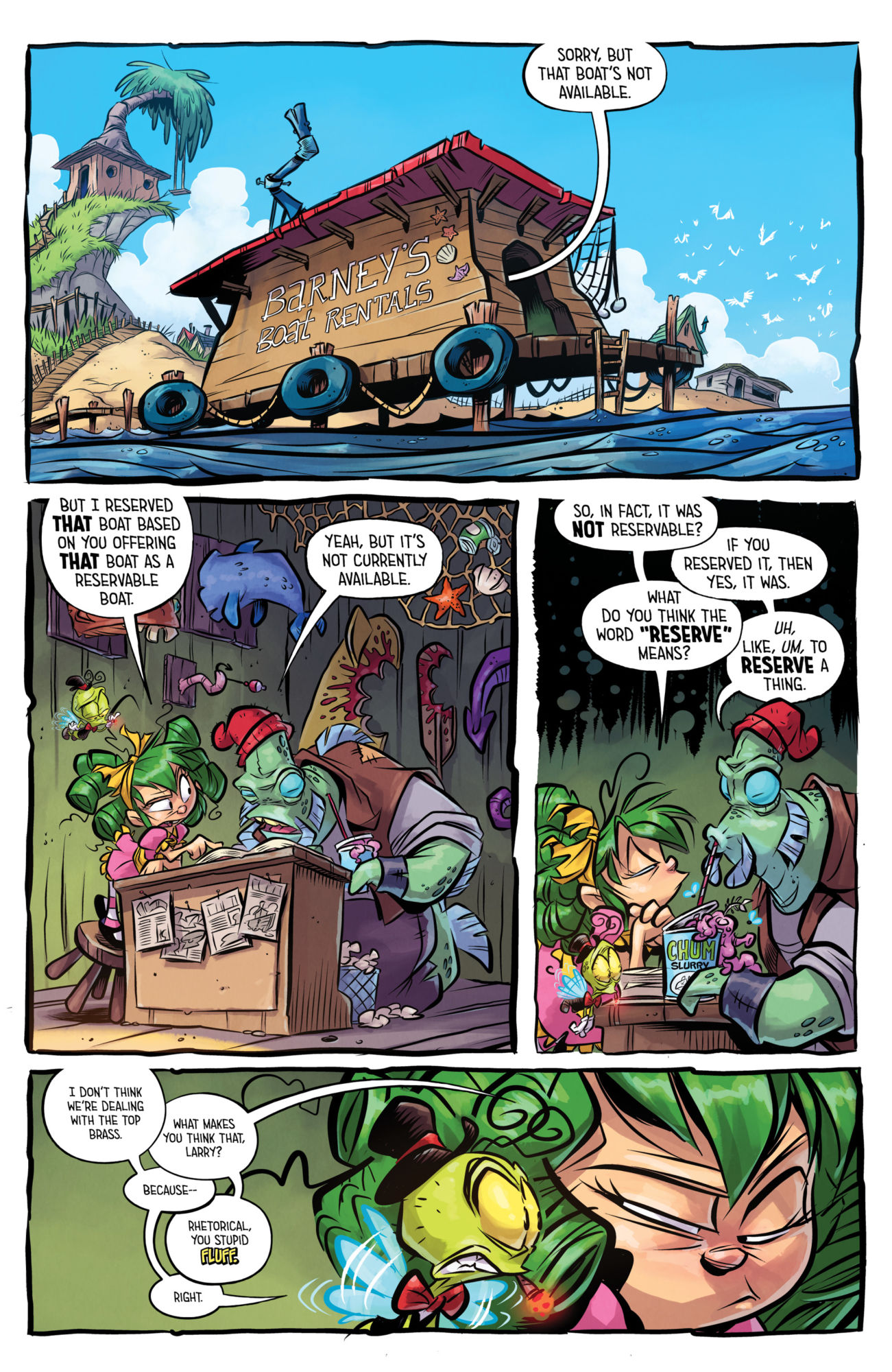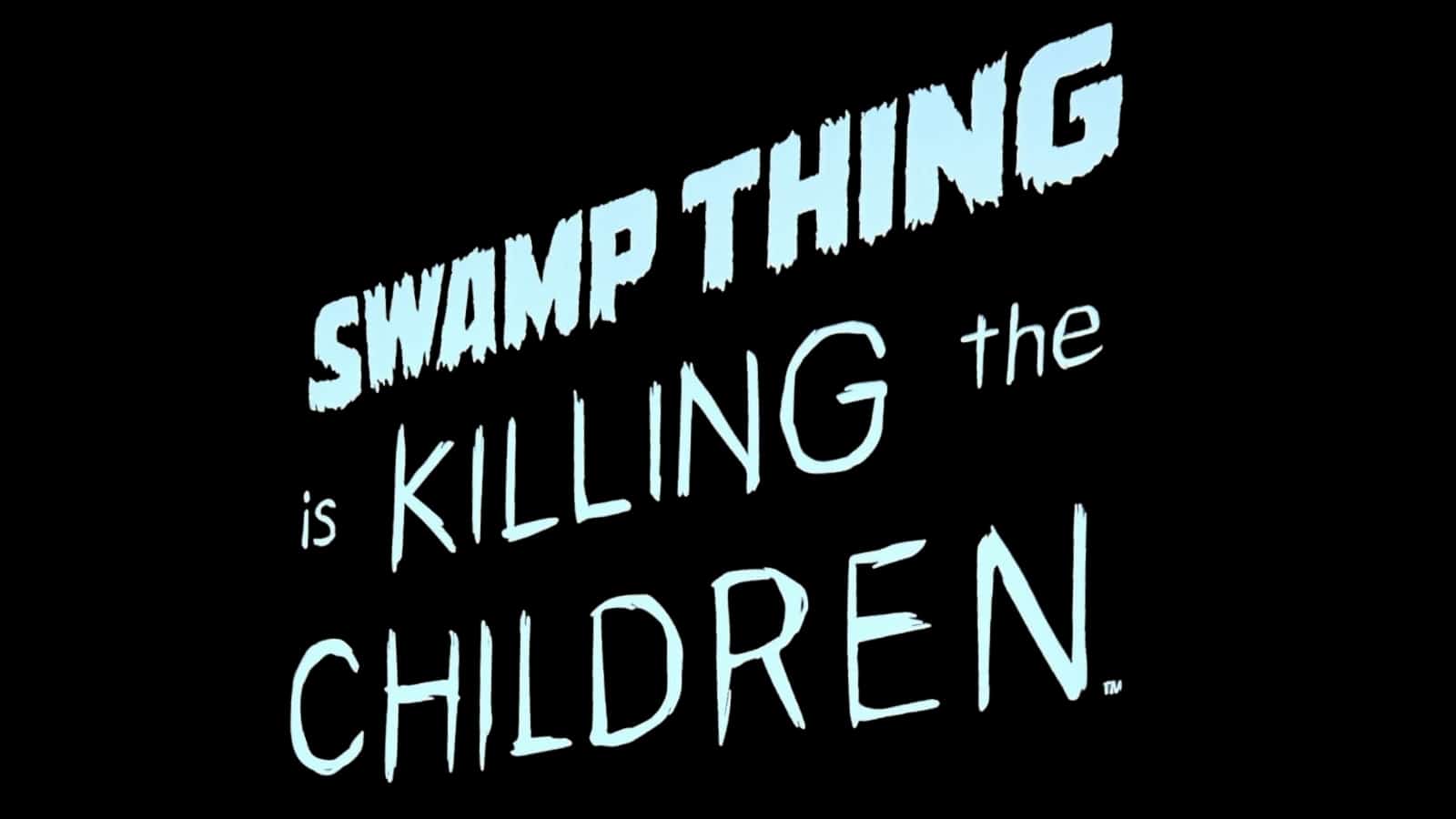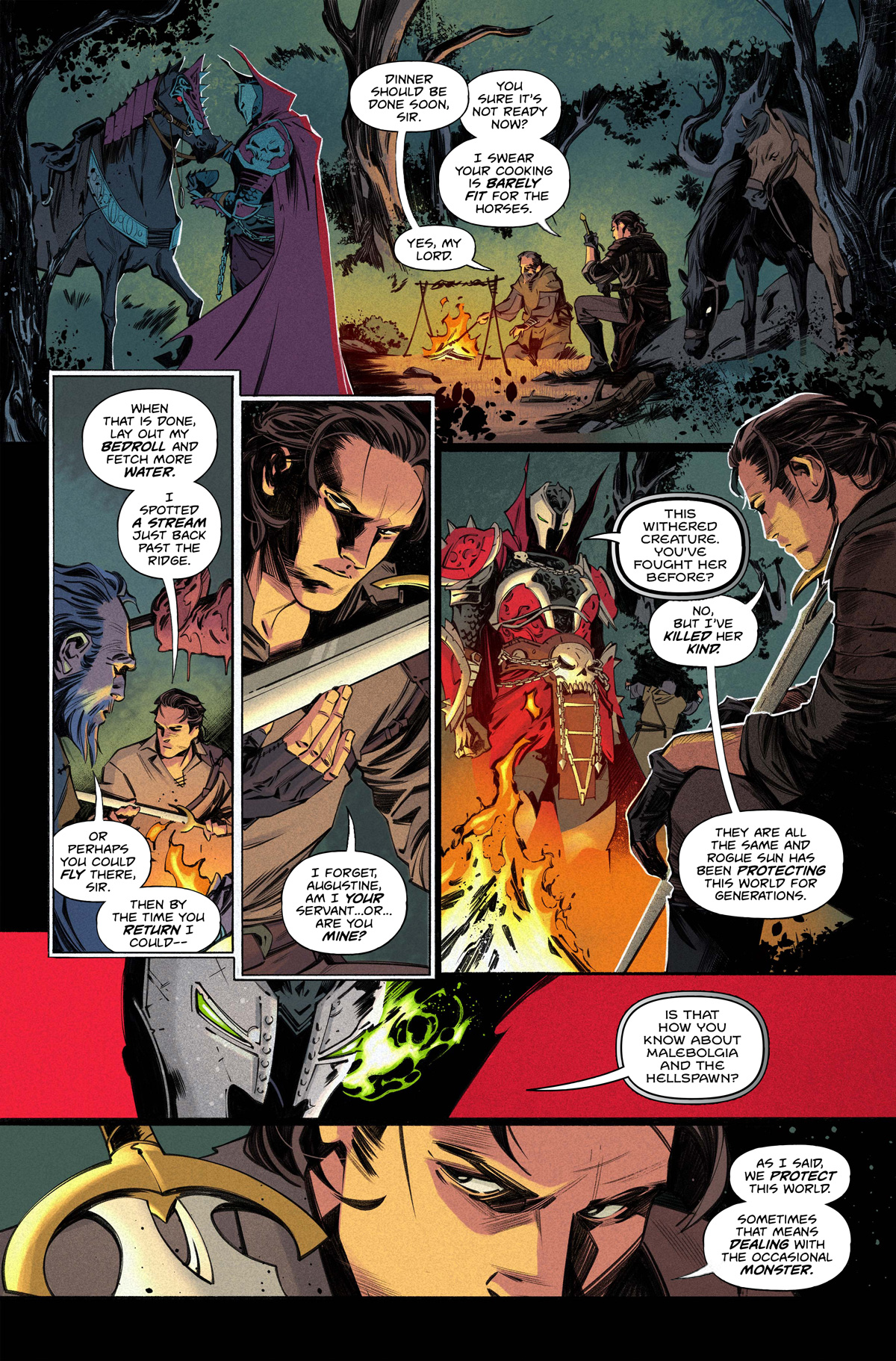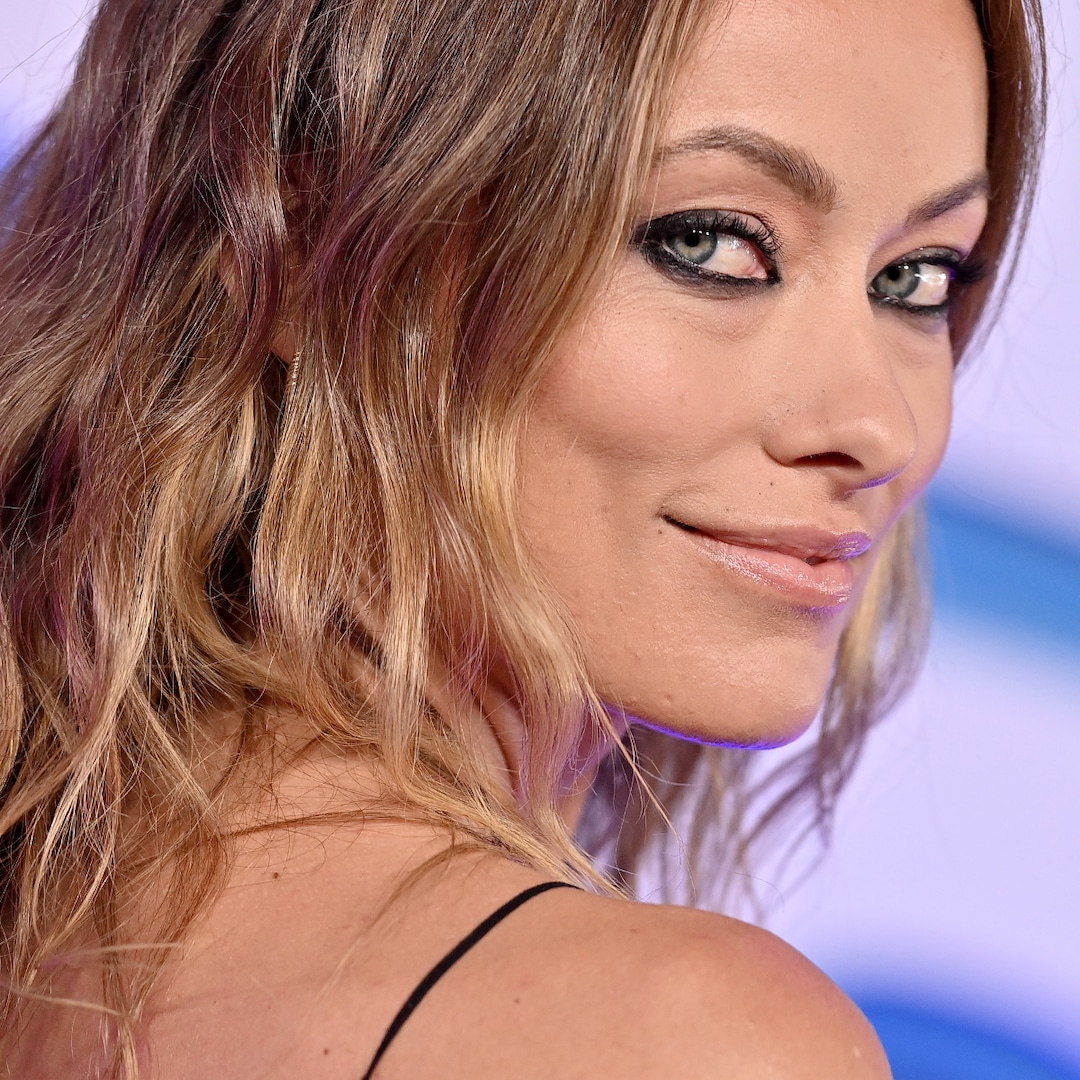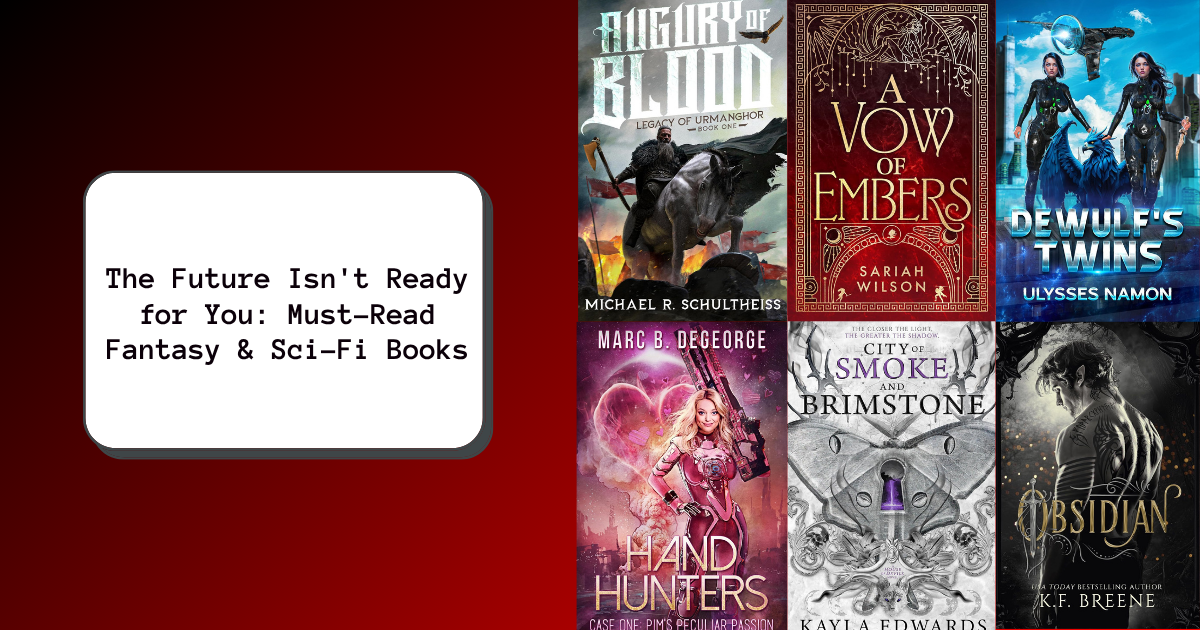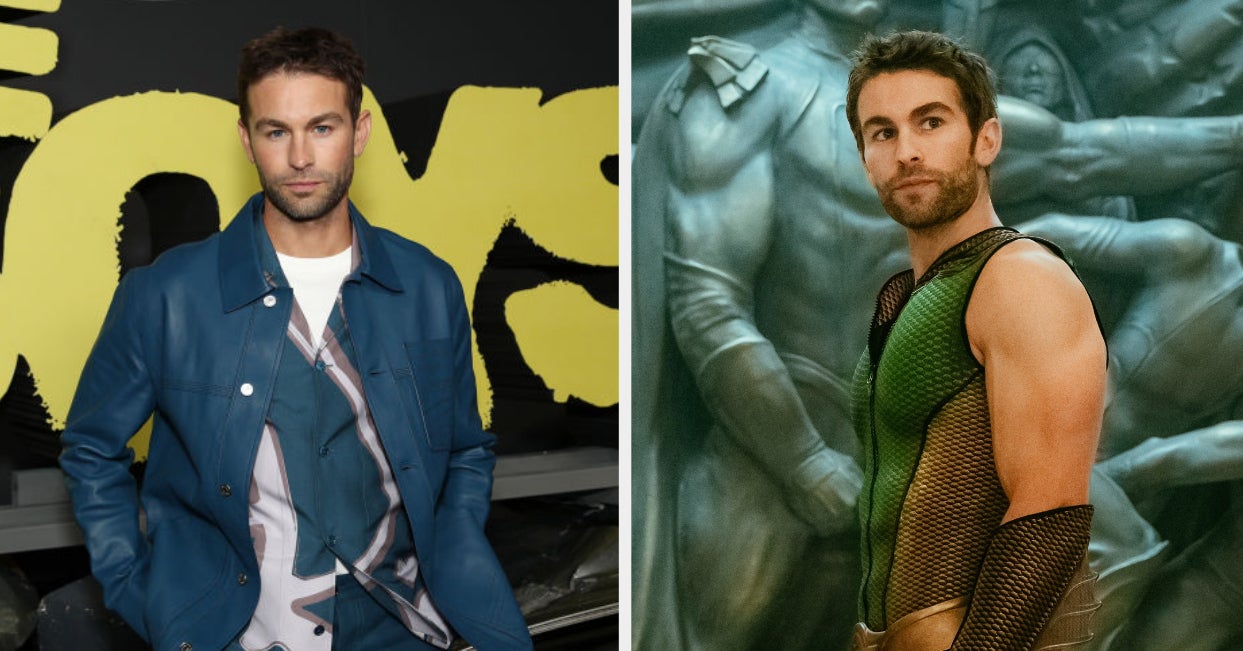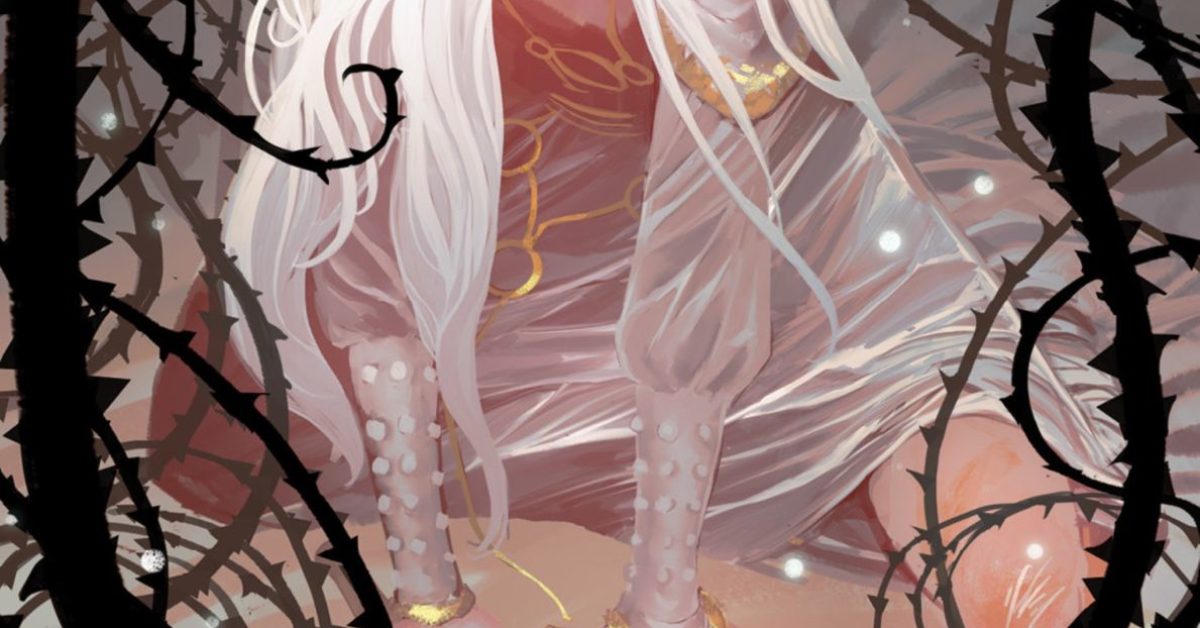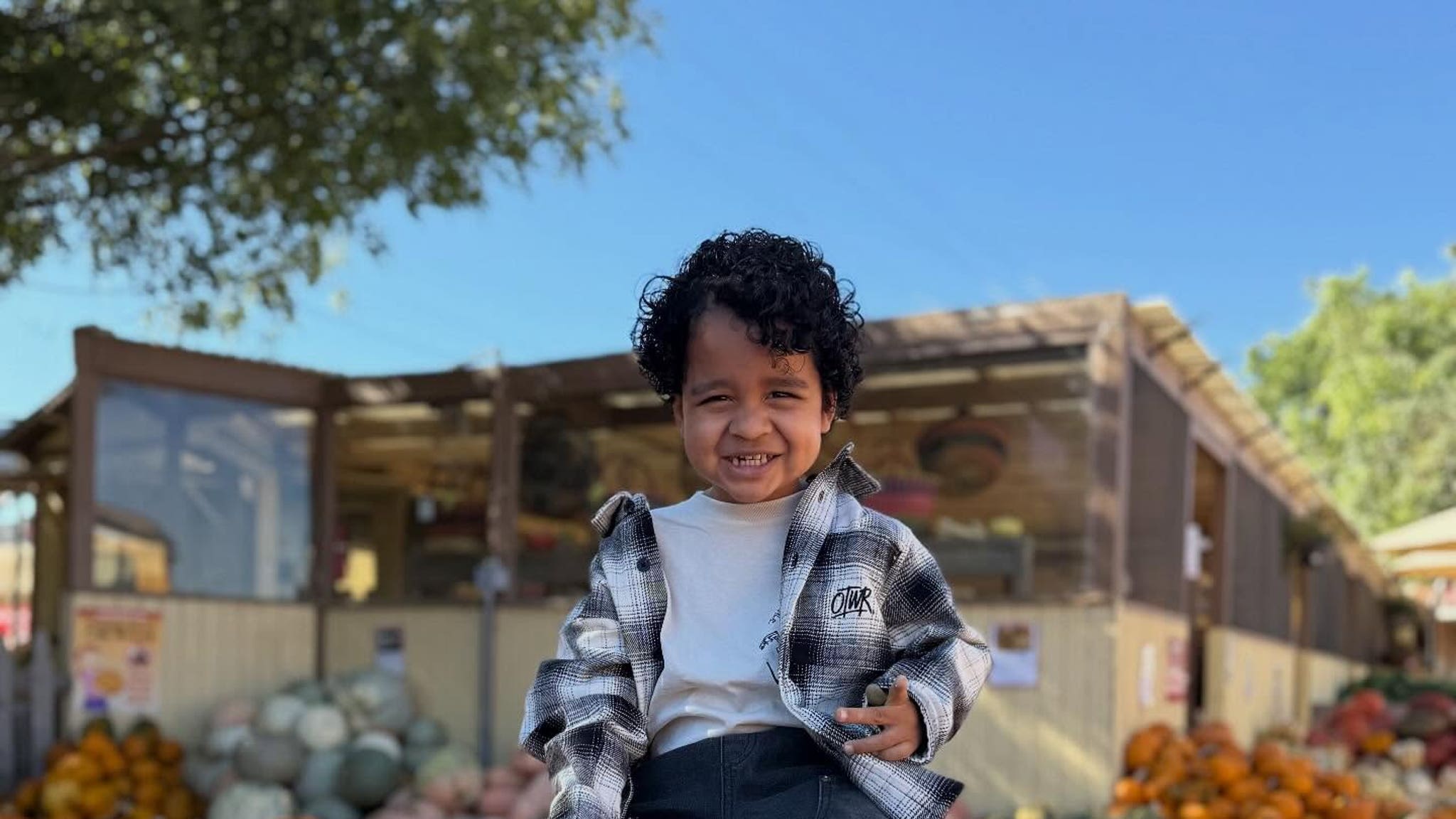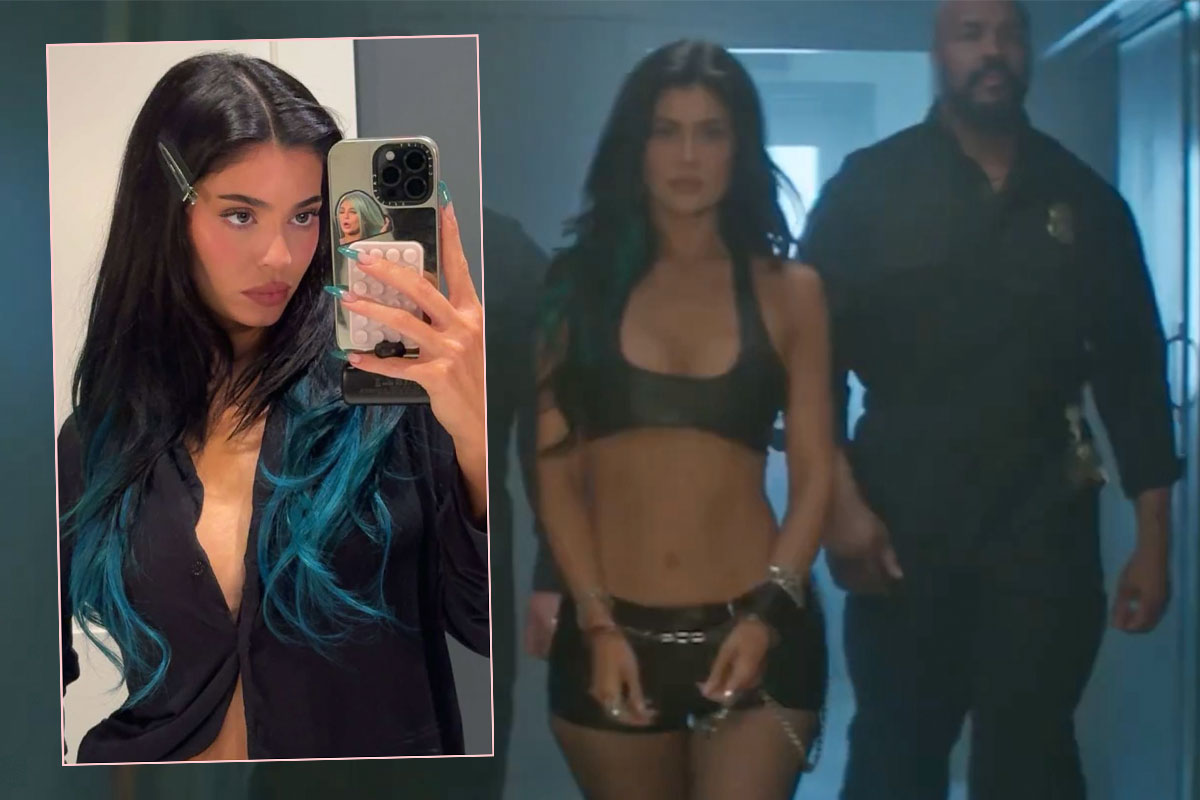

by Jeremy Fuscaldo
On Friday at New York Comic Con, creators and married couple ND Stevenson (Nimona, She-Ra and the Princesses of Power, Scarlet Morning) and Lee Knox Ostertag (The Witch Boy, The Deep Dark, The Owl House) held a discussion about their experiences in the industry.
Stevenson and Ostertag talked about their original comics and projects that they had both worked on over the years. Ostertag praised Stevenson’s original comic, Nimona, as well as his recent prose debut, Scarlet Morning.
Ostertag revealed he is currently working on a queer Victorian book and discussed how magical the comic making process is as he taps into his obsession with the Victorian era.
The conversation then pivoted into how the country is descending into fascism. Both creators have books that are either already banned or being challenged at this moment. I and many other creators, particularly BIPOC, have dealt with this issue is well. Ostertag and Stevenson were among many who addressed growing book bans at NYCC, which happened to take place during Banned Books Week this year.
Ostertag and Stevenson also talked about their experiences working for television animation and how it is vastly different from working in comics. Stevenson attested to this when he discussed how much running around he did as the showrunner for She-Ra and the Princesses of Power at DreamWorks Animation.
Ostertag touched upon the creative freedom he had while he was writing for Disney’s The Owl House. Unfortunately, though She-Ra and The Owl House both had canon LGBTQ+ representation, there has been a vibe shift in how queerness is being written for TV just a few years later.
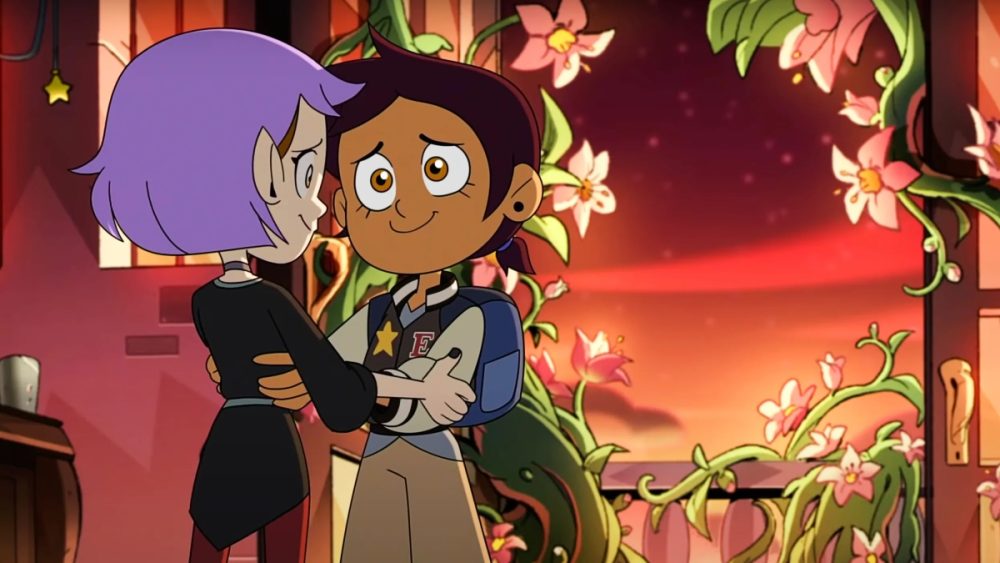

Despite these challenges, the creators said they still have freedom to write books. Stevenson expressed that things may be scary right now, but the next thing will be remarkable. He added that we are all in this together and that as we experience life and new things, it is important to help create work that helps us cope with these feelings.
Additional highlights from the pair’s “fireside chat” included them asking each other questions about their creative processes and what they had both learned.
Stevenson said that reading an interesting book can help you as a creator, and Ostertag talked about some of the queer authors he discovered while researching his book. He shared concern that the Internet is not going to be preserved in a meaningful way, and that it matters to him that we start to rely more on books and physical media. This is more readily available and, according to Ostertag, there’s a sense of magic to it.
As the conversation reached the midway point, Stevenson and Ostertag took questions from the audience. One person asked whether the creators—who are both transgender—were bothered by their old names being printed on work published before they changed their names. They both said that this does not bother them at all.
Another fan asked about the pair’s favorite pirate or Victorian facts. Stevenson said he loved pirates for a long time and some of the research he has been doing on pirates inspired Scarlet Morning, his prose duology from Scholastic.
Ostertag said that some of his favorite Victorian stories are about two women named Fanny and Stella, who were arrested for female impersonation in 1860s England. However, the jury didn’t convict—per Lee, they said they had to let Fanny and Stella slay. In addition, Lee shared one of his favorite stories about one of his favorite celebrities, Oscar Wilde.
One cosplayer asked about the couple’s creative process and what advice they have when they are stuck. They both responded that they are stuck constantly. Stevenson helps himself by lying on the ground to help with creative blocks. Ostertag said that being stuck in a creative process is like trying to solve a maze and you are reaching a dead end and sometimes you have to let yourself through it anyway. Sometimes you are trying to process things and you are not ready to tell a story until it is time.
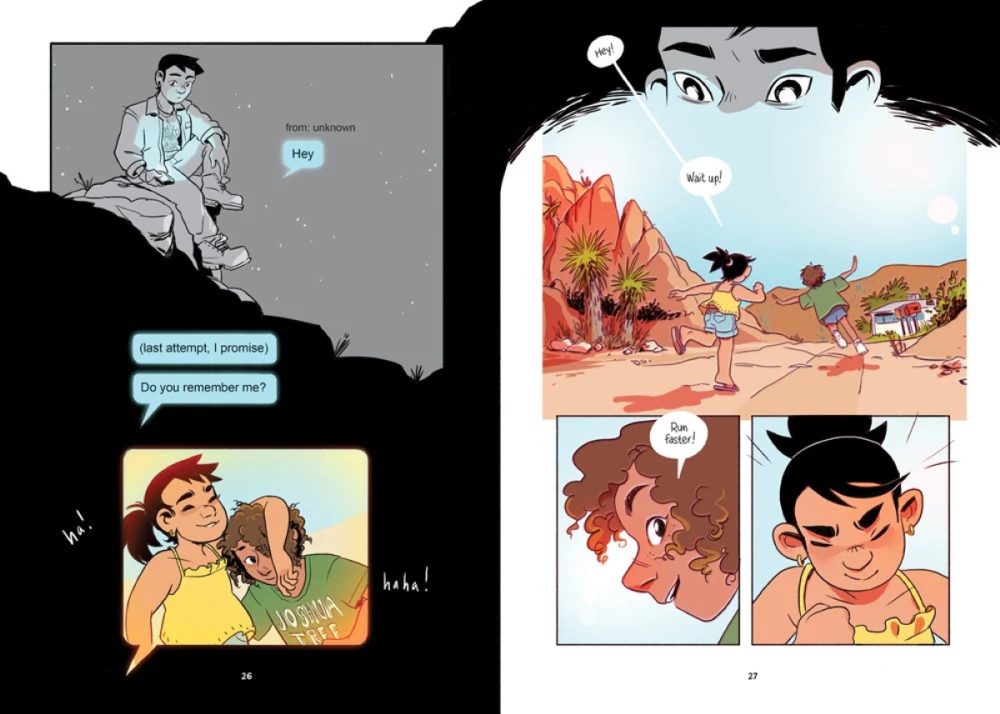

I asked what advice Stevenson and Ostertag for people trying to make a living doing what they love. Ostertag said that both he and Stevenson started making webcomics during a golden era for the medium, which helped them jump on board. They both expressed that creators should look for art being made right now, like indie animation. People are trying to make pathways to make their dreams happen, and you have to be willing to take a risk to find your way.
Stevenson and Ostertag also said that it’s important to own the work you’re making—to own the actual rights to it. Stevenson expressed how grateful he was to have his own properties and that they are worth it if a creator gets the chance. He also said that if someone gives you the chance to be free, then be free.
The mediums of comics and animation continue to evolve thanks to creators from different racial, gender, sexuality, ability, and class backgrounds making art that matters to them. I expect these industries to flourish in the decades to come, especially with the likes of Stevenson and Ostertag releasing their work into the world.
Stay tuned to The Beat for more coverage from NYCC ’25.




